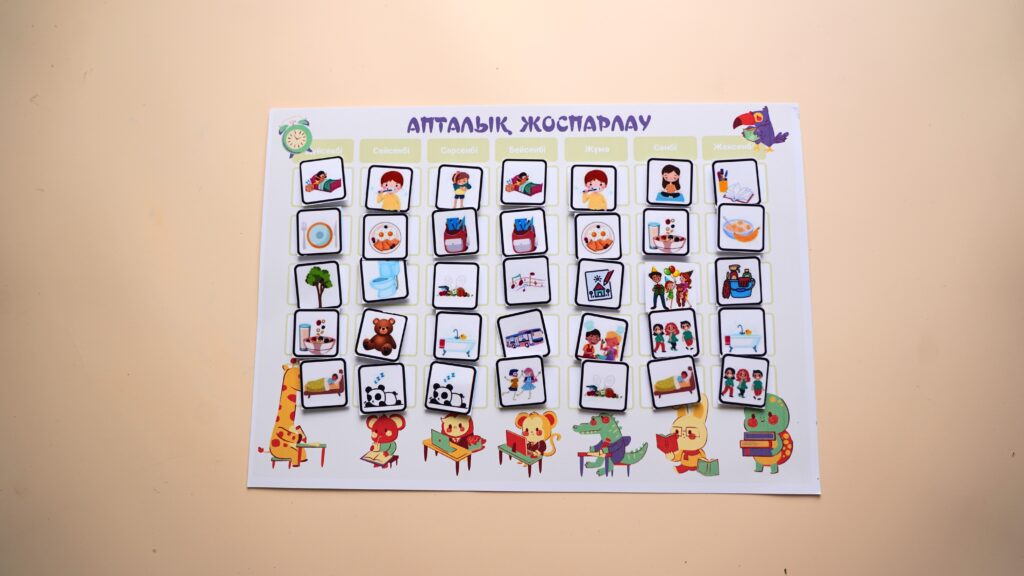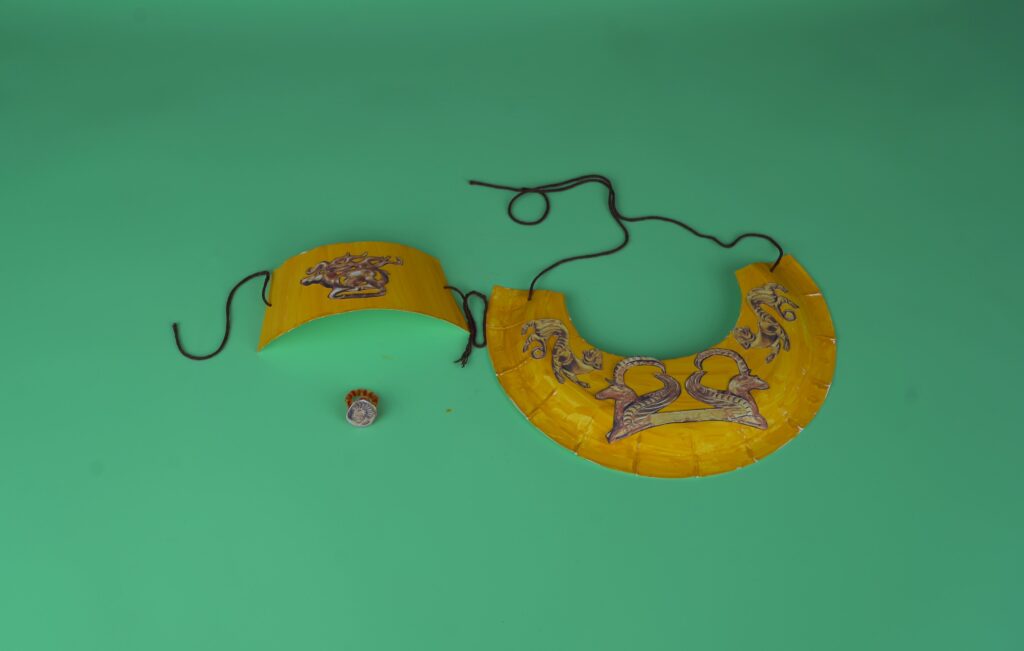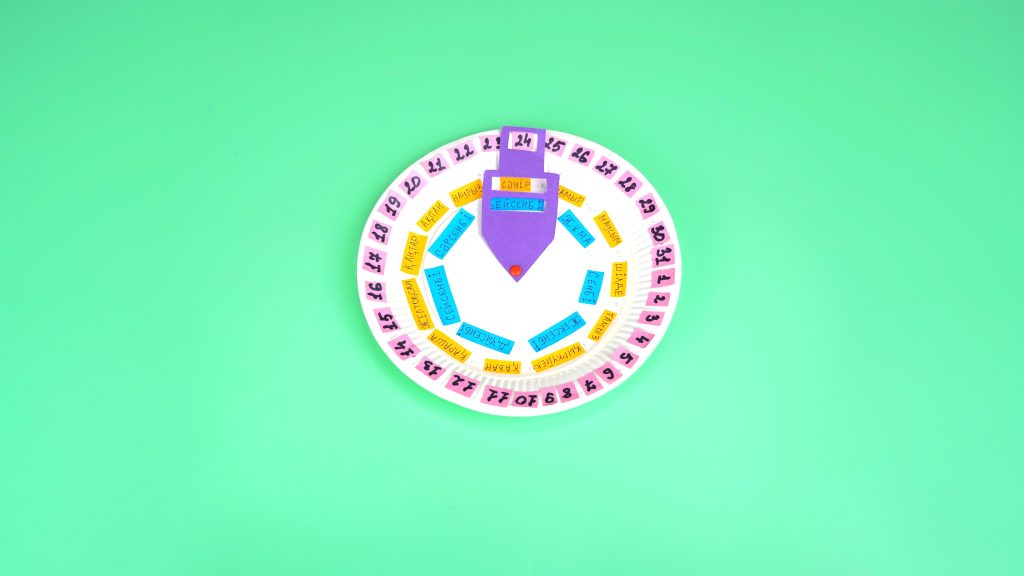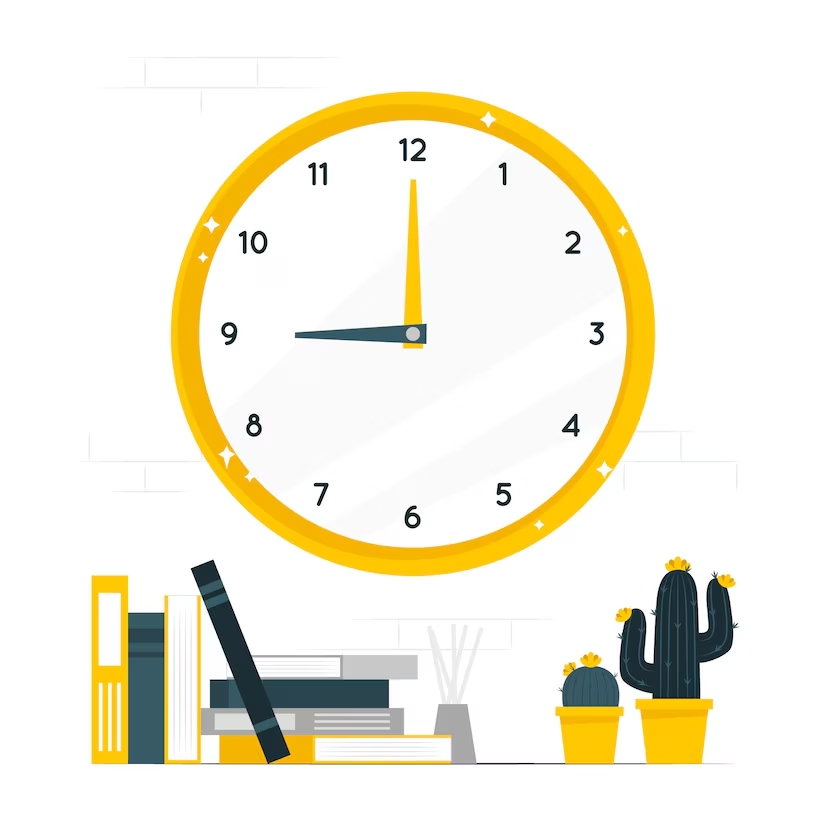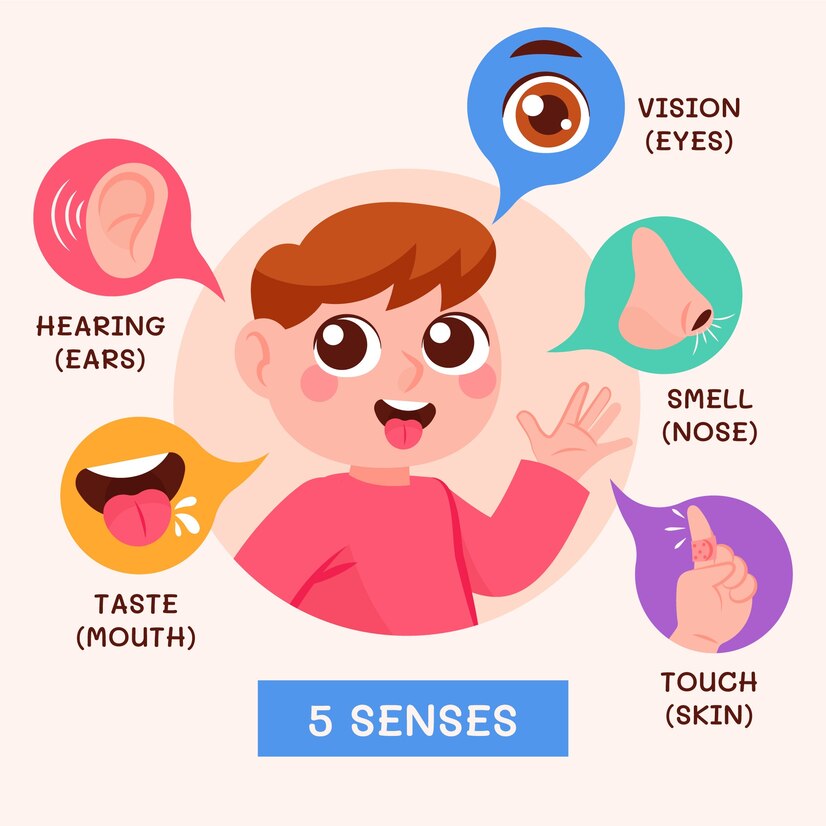Planning Board
This project helps students distinguish the days of the week and recognize daily activities, as well as use them correctly in speech. With the help of specially prepared visual templates, children create their own daily schedule and learn to plan their time effectively. The project develops cognitive skills, discipline, and self-organization abilities.

